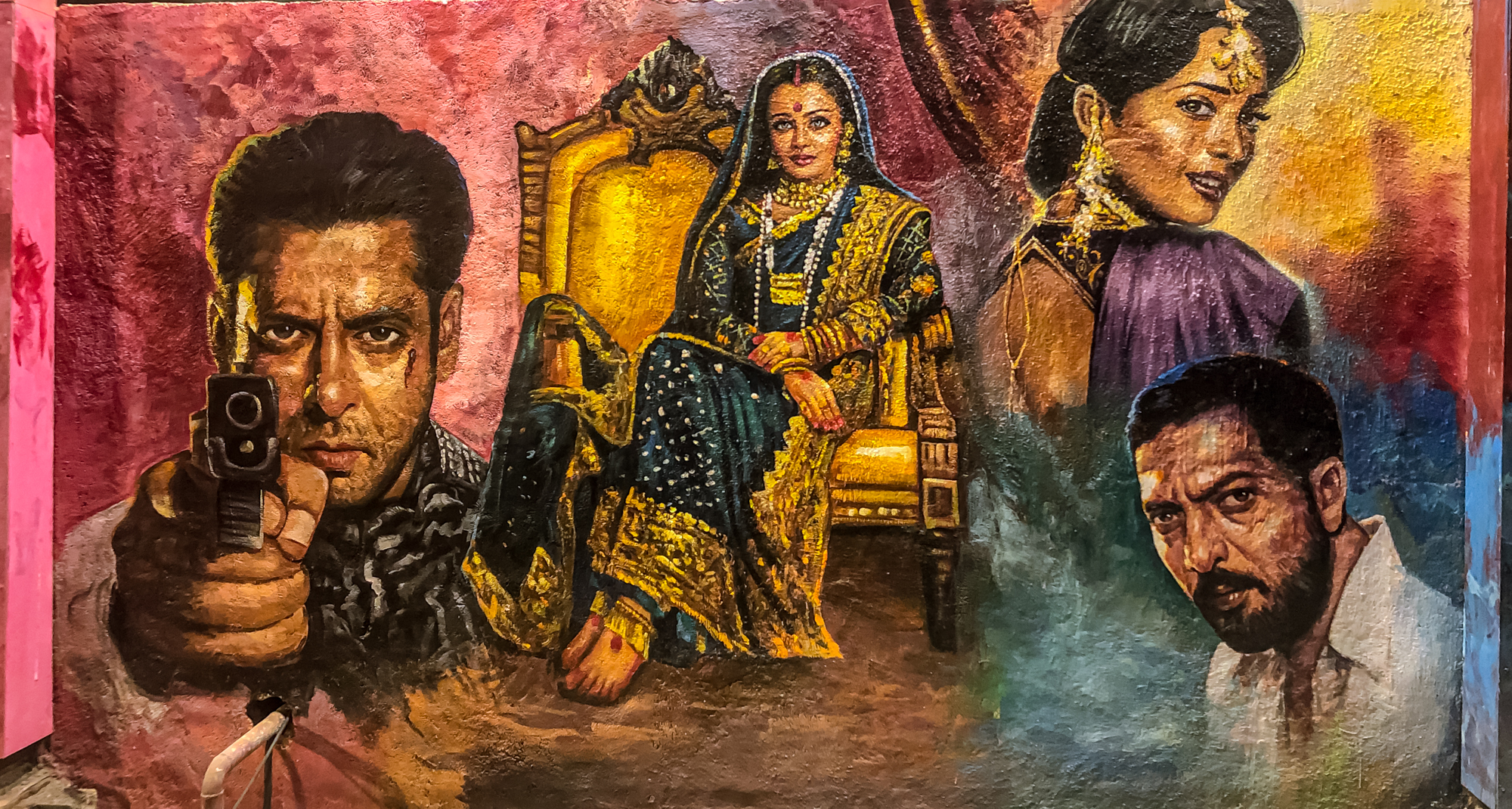Bollywood Park Mumbai – Demystifying Movie Making
Three weeks ago, I was in Mumbai to speak at Overseas Travel Mart (OTM). After two years of lockdowns and virtual events, this was a welcome change. Travel houses and tourism boards thronged the venue after a prolonged shackle. Even Bollywood Park had a pavilion in the show.
This pavilion had a strong point of difference vis-à-vis others. They had a stage buzzing with live wire song-and-dance action by their energetic young performers. Performing to the Bollywood hits, this young troupe was setting the stage on fire and attracting young and old visitors to their stall.
While there, I spoke to their team, and they were gracious to invite me to visit Bollywood Park. They were throwing a party and organising a dekko for the delegates of OTM. Upon quizzing, they revealed the brief tour around the park would give a sneak peek into how they make movies, and throw light on the history of Indian cinema. As a cinema aficionado, I attended.

Bollywood Park – Unriddling of Creation of Make-believe
Before the party, the Bollywood Park staff ushered us into a small auditorium. An anchor and a stand-up comedian introduced the evening to us. And the show began with a well-researched film about the history of Indian cinema. The film revealed the milestones like the first film in India (Raja Harishchandra, 3 May 1913), the first talkie film (Alam Ara, 14 March 1931), and the first colour film in India (Kisan Kanya, 8 January 1937), etc.

We then moved to another studio floor that could seat a hundred. The stage had a flat blue background. We learnt it was a chroma key studio or a green/blue screen studio. They invited some of us to the stage and made us perform a short action that was filmed. Nothing elaborate, but just protest sloganeering. And soon, they played that clip, and it showed us protesting inside a jail. Chroma key just deletes the single-coloured background and allows the film editor to add a background and/or a foreground of their choice.
The World of Sound
Next up, they shared a little-known secret from the cinema sound industry – Foley Effects. Specialised Foley artists create perfect sound effects that range from the pronounced like galloping horses, skidding cars, thunderstorms, to the more subtle ones like characters walking across different floors, brushing past each other, lighting a lantern, etc. It is Jack D Foley, an American sound technician who did remarkable pioneering work in the field, after whom the term Foley effects is named.
The next attraction? An adjoining sound studio, complete with professional quality song recording equipment. We sang and listened to our recorded voices. It amazed us how much difference professional recording makes to the recorded voice.




Set Design and Props
After this brief tour, we went out of the auditorium and floated around Bollywood Park. It was a wondrous place with sets recreating an upmarket street, a king’s throne, and more. As the evening warmed, we had a surprise visitor from Bollywood – the bad man. A much-admired villain and character artist, Gulshan Grover, walked in and was happy letting us click selfies with him.

While Ramoji Film City is a serious movie-making space, Bollywood Park is an exciting destination that allows common people a glimpse into the making of films. If the behind-the-scenes of cinema interest you, make a trip to Bollywood Park during your next visit to Mumbai.
Pin the peep into tinsel town!





















COLLAGE OF BOLLYWOOD ACTORS Image Credit: Travelure